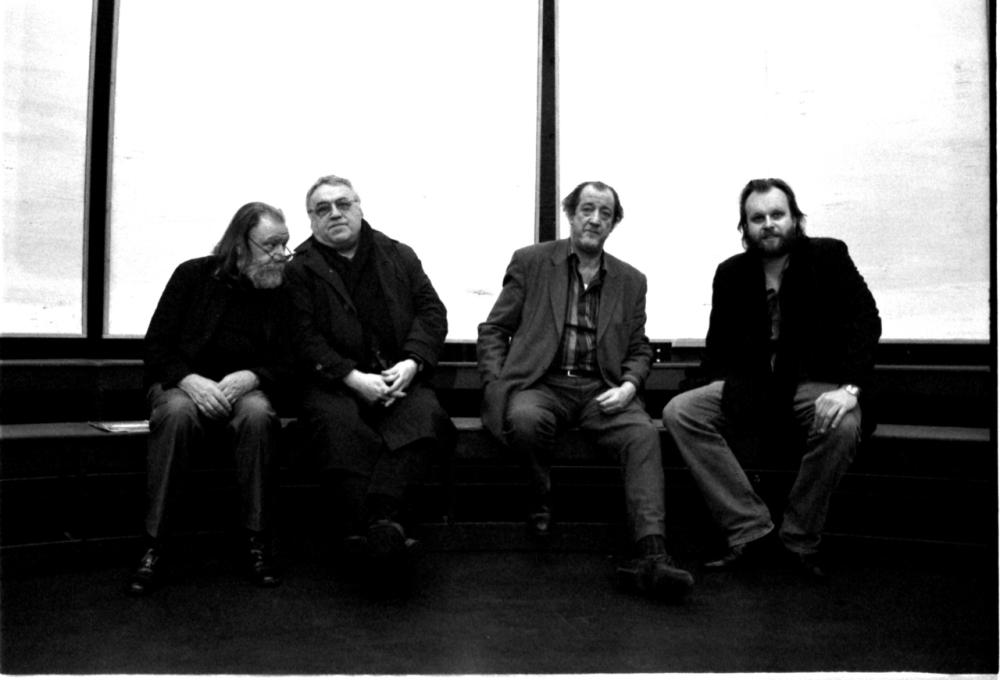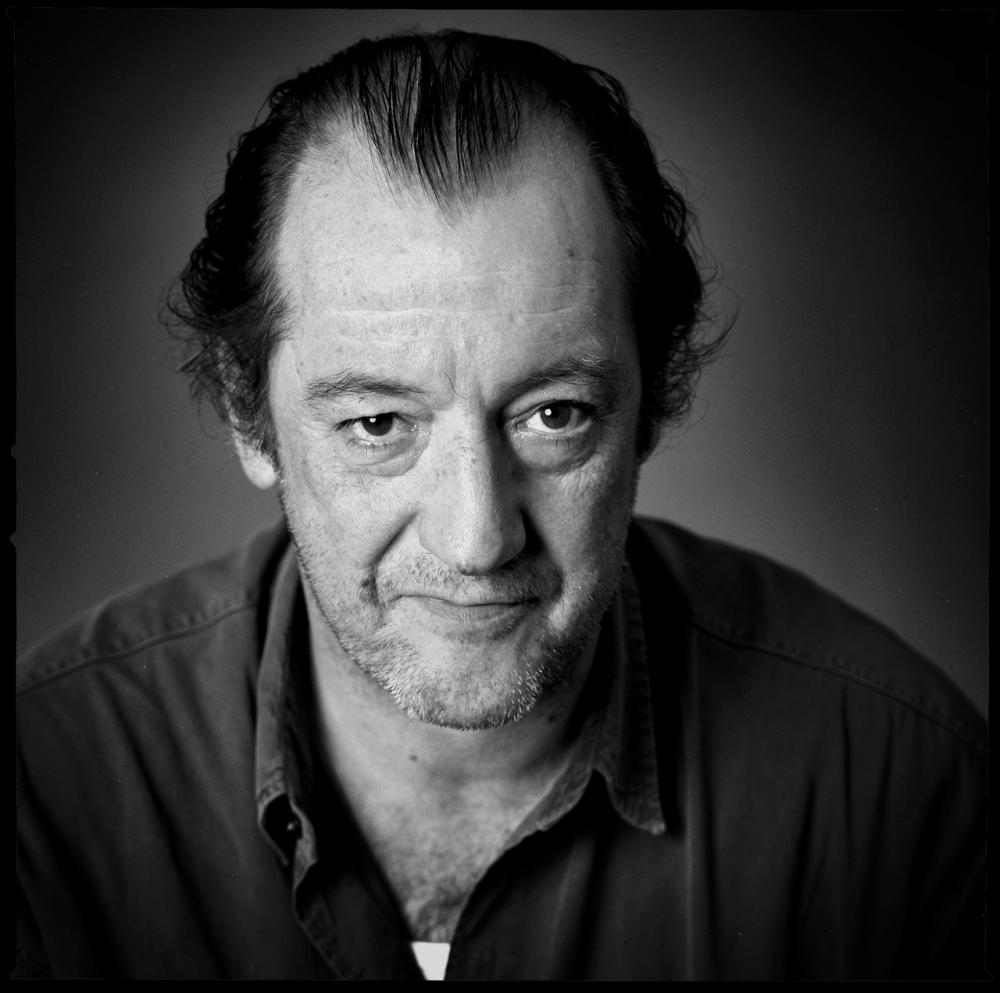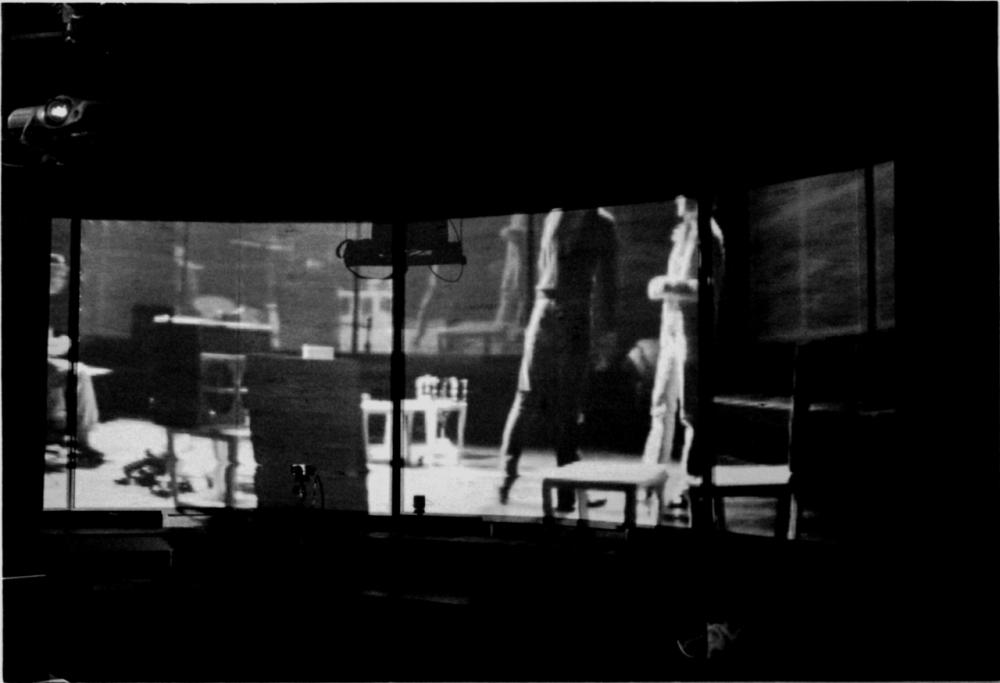Beats
Josse De Pauw, Marc Didden and Roland (Van Campenhout) have set up a project on the ‘beat poets’ for Het Toneelhuis: William S. Burroughs, Jack Kerouac, Allen Ginsberg and other kindred spirits. The performance is a cross between a reading and a concert and provides us with an image of a generation and an era.
The age of the beat poets started in America around 1944, at the end of the Second World War. It was the age of the atom bomb, the beginning of the Cold War and the hunt for communists. There was the advent of television and Kinsey published his report on female sexuality, Dr. Benjamin Spock propagated a revolutionary approach to child care, Mount Everest was conquered for the first time and the first bikinis appeared. It was the age of bebop, the cool jazz of Miles Davis and later of rock-‘n-roll, the age of Jackson Pollock’s action painting and Charles Schultz’ Peanuts comic strip, the age of eastern mysticism and the music of Ravi Shankar and of the piercing social criticism of Lenny Bruce. The poetry of the beat poets gave shape to a new vision of life saturated with modernism, a new consciousness and a new lifestyle.
In his work and in his life, the beatnik, a new type of bohemian, sought uncensored self-expression as the basis for creativity, and a broadening of awareness (artistic and other) by non-rational means such as drugs, hallucinations, visions and dreams. Moreover, he abandoned the laws of what was morally acceptable. The beatniks lived together in the first communes, where drugs were used freely and the residents subjected one another to psychoanalysis. ‘This is the Beat generation. … It involves a sort of nakedness of mind, and ultimately of soul, a feeling of being reduced to the bedrock of consciousness.’ (New York Times, November 1952). The word ‘Beat’ actually means ‘beaten’, ‘robbed, cheated, the world against me’. Ginsberg said, ‘I am in exile from myself.’
De Pauw, Didden and Roland create a sort of jam session every evening together with the actors of Het Toneelhuis, with varying contributions of material and performers; in addition to the permanent core of actors, there are also appearances by writers and musicians every evening. At the same time Beats is also about the influence beats had in our part of the world, for instance on the writing of Simon Vinkenoog and the songs of Jaap Fischer.
concept Marc Didden en Josse De Pauw
choix des textes Marc Didden
musique Roland Van Campenhout, Percy Jones & gasten
avec (en combinaisons toujours différentes) Josse De Pauw, Abke Haring, Titus Muizelaar, Stefan Perceval & hôtes
production Het Toneelhuis



